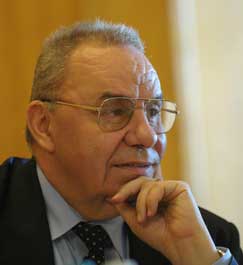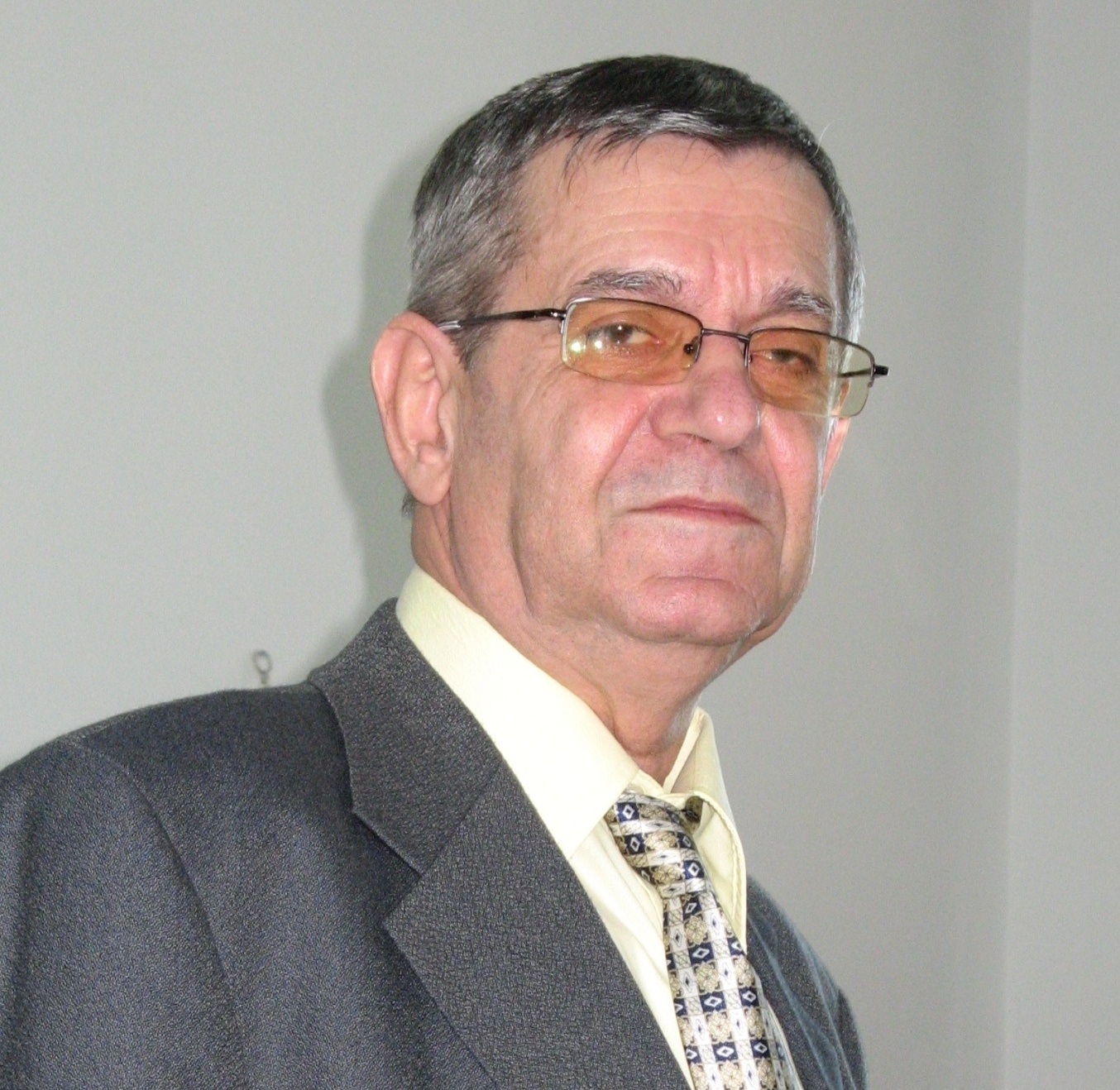Romania, one of the main USA allies in the world anti-terrorist campaign, has hosted the joint Romanian - American drilll ROMEX-05, between the 19th of July and the 2nd of August.
I left in a hurry to find out how a Romanian-American drill looks like. It was the first time I took part in such an event. I knew
that 1,500 American soldiers from the terrestrial and air forces would come to Romania and they would practice at Babadag and Kogalniceanu, together with 500 Romanian soldiers from the terrestrial, air and navy forces.
IN AIR
On our way to Babadag, we stopped at Kogalniceanu, at the military airport, where six A-10 where waiting for us. Four of them where about to get off the ground under the curious eyes of the few journalists present on the track under the close surveillance of Lieutenant Kristin Morrow, one of the few girls from the drillâs Press Center. We patiently waited for the pilots to get ready. Approximately one hour later, the planes took off. "A-10 flies at a low altitude and with a low speed", a pilot who remained on the ground told us.
I left the airport with the thought that there wonât be another time for me to miss the cabin of an A-10. Together with Kristin, we left for Babadag. We took a dusty shortcut. We couldnât see a thing in front of us, except the corn and the grass on the sides of the road.
THE OMNISCIENT
When our patience got to its very end, and the dust outside covered our car, we were able to see the military base from Babadag. At the entrance, a few Black Hawks were calmly waiting for their masters. Further on, about 10 HMMWVs, two combat vehicles of the US infantry M2A2 Bradley and a lot of soldiers in similar uniforms. The equipment and the heavy stuff have been brought in Romania with a C-17 Globemaster III, at least this is what we found out later on from the one we continuously jumped at with questions, the one we called "the man who knew it all", Major Daniel Anghel, the drillâs press officer.
The huge base for whose construction and equipment took 45 days was a green little town in the middle of nowhere between thistles, wild flowers and a few trees.
THEIR CURRENT
ShipShup, a Turkish Company, the main contractor, spent 6.7 million euros for this mini-town. Some of the services have been supplied by Romanian companies: the garbage was collected eight times a day, and the toilets were cleaned almost constantly. From place to place, there was this hard, deafening sound one could hear in the base. It came from the ten current generators, which the Americans ordered specially for the Babadag base. We saw thousands of bottles of water brought from Turkey, which were held out of the way of the sun, but not in the fridge. "We donât want any thermal shocks", Major Anghel explains. Like any other respectable military base, it had a chapel, 6 dining rooms, 50 tents, a store and many mobile toilets. There are also four recreation rooms for the soldiers.
The only Romanian product was the bread, which was bought from the Dobrogea bakery. The other supplies have been brought from "the Western Europe, the USA or Turkey", Tevfik Moran, from ShipShup, told us.
THE MOSQUITOES, PUBLIC ENEMY NO. 1
After a short tour of the base together with Major Anghel and a few journalists, the night came. And the mosquitoes started the invasion. We quickly went in the tents to sleep. It was past midnight and we had to get up only four hours later. The shooting was next.
4:00 a.m. With ringed eyes, looking in the dark for the mobile phones that were desperately ringing, we managed to get up. What I mean is that I managed to get up from the hard, yet relaxing, bed. At 5:00 a.m. we met the unit that was to practice at the shooting range. Everyone looked rested. Bogdan and I were the only exceptions. However, coffee was the miracle of the morning.
PRACTICE AT 40 DEGREES.
When we arrived at the shooting range, a little bit after 8:00 a.m., due to some awkward delay, the 40 soldiers and we got to listen to the instructions once again. After an order, which I didnât hear, the TABs and the machine guns started shooting at some targets in the field. There were almost 40-Celsius degrees outside, and the air was unbearable. "They arenât real bullets", sergeant major Kelvin Ansari, told me, like for me it mattered in any way. His colleague, sergeant major Andrew T. Turrentine, confirmed it, since he saw my foggy face. Turrentine was looking a lot like Eugene Tackleberry, from the "Police Academy", who was frequently blustering about the gun his mother offered him as a birthday gift.
Waiting for our unit with real bullets to come back, I talked with the two soldiers for about two hours. They told me how much they appreciated the localsâ hospitality and how much our soldiers live up to the standards. "They are very good shooters. Better than a lot of us". We also talked about the Romanian cooked chicken, served only during the leave of absence, and about the junk sellers, about abbreviations, about the NATO adherence and its consequences, about the upcoming EU extension and even about the military bases that the Americans want to bring in this part of Europe.
Unfortunately, we had to say goodbye to Ansari and Turrentine. For us, time was very important. We got back to the base with an ARO sent by Major Anghel. Starved like after a long day to work and sunburned, we were "invited" to the lunch that the Americans eat directly from a bag. Lieutenant Carmen Moise, Major Anghelâs right hand, offered to explain the secret. "It has a lot of vitamins", a Romanian soldier, who came from nowhere at the media tent, told us. However, Major Anghel saved us once again. "Poor some water in this bag. Put the bag with the stake in the one with water and leave them in the sun for ten minutes to warm up". In our highly tiredness state, we really enjoyed the food from the bag.
|
70,000 $
|
|
Before coming to Romania, the American soldiers insisted on making a humanitarian gesture for the community surrounding the Babadag base. They financed the reconstruction of two kindergartens and two schools in Babadag, Visina and Jurilovca. A project of approximately 70,000 $. Money invested in materials, equipments and other services, all supplied by a company in Dobrogea. The Americans worked hand in hand with the locals to offer the little ones better conditions. Our soldiers helped as well. Together, they repaired the roofs, the fences, they built playgrounds, and they rearranged the green spaces surrounding the four buildings. At the Kindergarten no. 2 in Babadag, the Americans offered the approximately 20 kids the plates with the signs of their unit. A pleasant memory for the little ones who were very delighted at the received "decorations".
|
|
THE PATRIOTS
|
|
We met three Romanian-born American soldiers. Sergeant Bogdan Stanei, from Navodari, left Romania in 1991, at the age of eight. He enrolled as a reservist in the Texas National Guard, after finding out this was one of the cheap ways of going to college. He chose medical assistance, for which he receives a quarterly fee of 1,700$. Now, he lives on his own and works as a bartender in San Angelo. The demure Angela Corlatenu, a Caporal for three years, doesnât want to speak about her past in the native Republic of Moldova. She is 37 years old, even though she looks 25. She has three nationalities - Romanian, American and Moldavian. Now, she works for one of the personnel offices of the US Army, "a strong and respected organization". She is paid 1,700$ and leaves in a barrack in Maryland.
|
|
AFTER SADDAM
|
|
Lieutenant Mihai Sofronie, aged 26, has already taken part in a one-year long mission in Iraq. He left Romania in 1982. He got in the Army in 2002. Out of patriotism, but to cover his college costs as well. "I want to make a little thing to send back for America". At the age of eighteen, he joined the Pennsylvania National Guard. He was in Iraq once and he might do that again. Last year he was in Tikrit, Saddamâs native land. He admits he was a little scared. "The toughest mission was when I saw 40 people getting killed in a bus, at Fallujah". Mihaiâs parents had been very nervous during this mission. "I used to send them e-mails every night to tell them I was alright.
|









